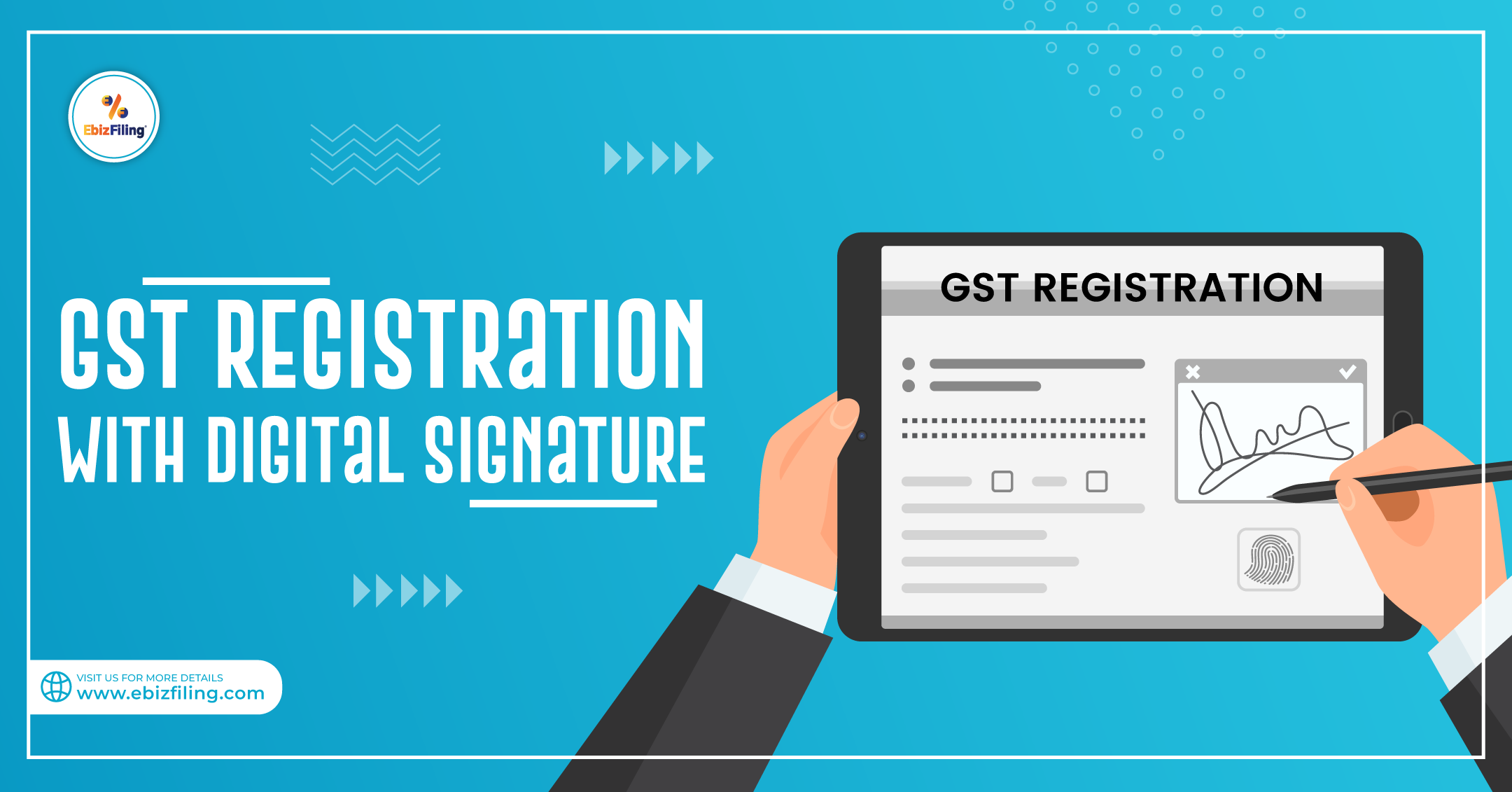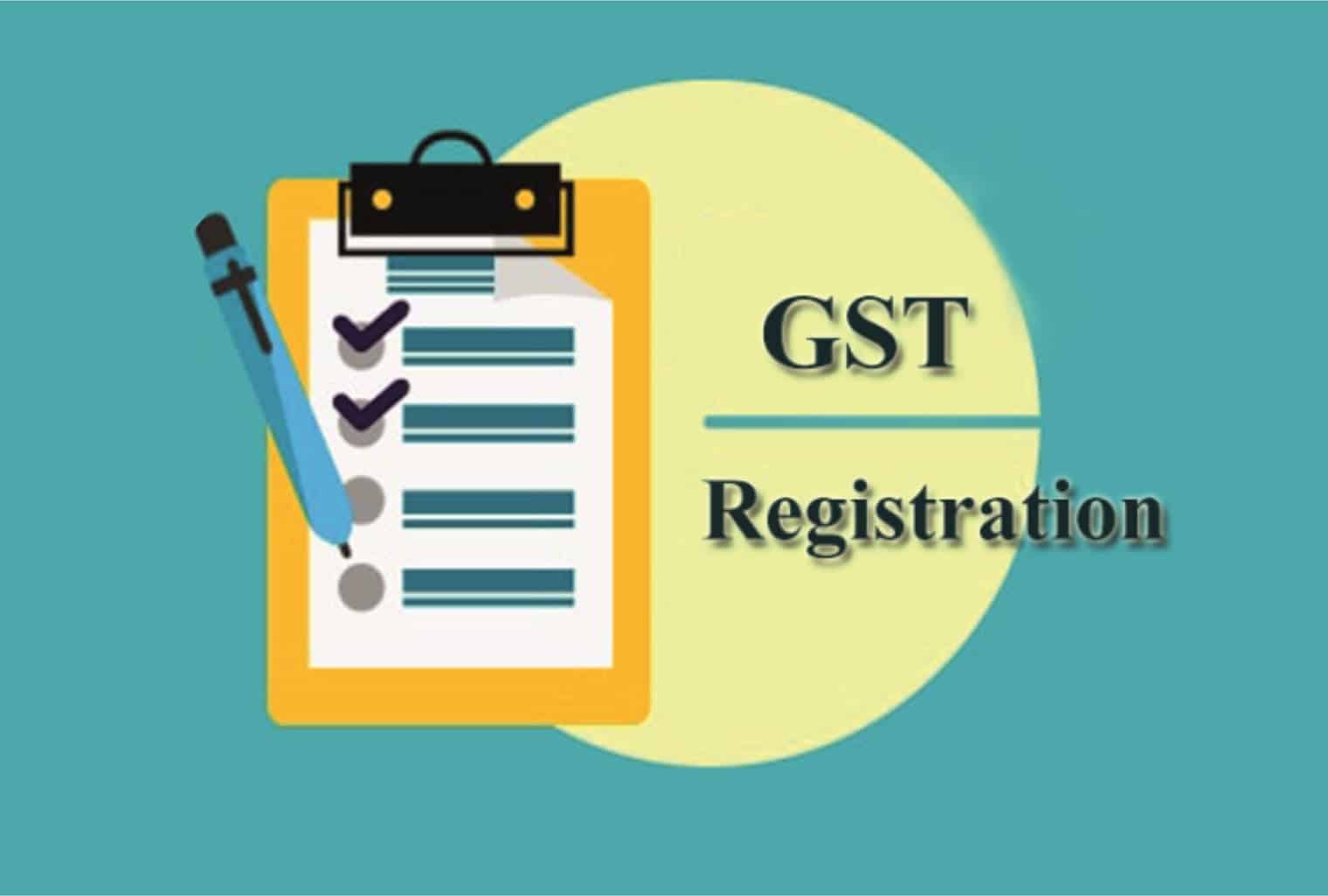Economical Alternatives for the Best GST Registration Services in Singapore
Economical Alternatives for the Best GST Registration Services in Singapore
Blog Article
From Beginning to Finish: The Ultimate Roadmap to GST Enrollment for Companies Seeking Financial Stability
Browsing the complexities of Product and Services Tax Obligation (GST) registration is a vital step for organizations pursuing financial stability. From comprehending the essential concepts of GST to following post-registration standards, the procedure can appear discouraging in the beginning glimpse. Breaking down the roadmap into manageable actions can enhance the registration trip for companies looking to boost their monetary standing. Let's check out the essential components that make up this ultimate roadmap and find exactly how each phase adds to laying a solid structure for monetary success.
Understanding GST Basics
Exploring the basic concepts of Item and Solutions Tax (GST) is important for getting an extensive understanding of its effects on businesses and the economic situation. GST is a value-added tax levied on the majority of products and services for residential intake. It has actually replaced multiple indirect tax obligations that existed in the pre-GST period, enhancing the tax obligation framework and improving convenience of doing organization in India. Under the GST system, both items and solutions are taxed at a particular price, which is identified based on their category. Companies are needed to register for GST if their annual turnover goes beyond the threshold limit set by the federal government. Input Tax Credit Report (ITC) is a substantial attribute of GST, permitting services to assert credit rating for tax obligations paid on inputs, lowering the overall tax burden. Comprehending the basics of GST is essential for businesses to adhere to tax obligation guidelines, manage their financial resources efficiently, and add to the nation's economic growth by joining a transparent tax system.
Qualification Requirements for Registration
To register for GST, businesses have to fulfill particular qualification requirements established by the government. The primary qualification requirement is that any type of company included in the supply of goods or services with an annual accumulation turn over over the threshold limitation established by the authorities have to register for GST. As of the present policies, the threshold limitation for GST enrollment is a yearly aggregate turnover of 40 lakhs for services operating within a state, with the exception of unique classification states where the limitation is 20 lakhs. Furthermore, specific businesses are needed to register for GST irrespective of their turn over, such as interstate vendors, informal taxed individuals, and services reliant pay tax under the reverse charge device. It is vital for businesses to extensively evaluate their turnover and deal types to determine their GST registration responsibilities accurately. Failing to register for GST when eligible can result in penalties and legal repercussions, making it vital for services to follow the specified eligibility standards.
Files Needed for Registration
Having actually satisfied the eligibility standards for GST registration, organizations have to currently guarantee they have the requisite documents in place to continue with the enrollment process effectively. The records required for GST registration typically consist of evidence of service constitution, such as collaboration act, enrollment certificate, or incorporation certificate for various kinds of businesses. Additionally, organizations require to provide records establishing the principal place of business, he has a good point such as a rental agreement or power expense.
Step-by-Step Registration Process
Beginning the GST registration process involves a series of structured steps to make certain a compliant and smooth registration for services. The first step is to go to the GST portal and complete the registration kind with accurate details of business entity. Following this, the candidate obtains a Short-term Recommendation Number (TRN) which is utilized to return to the application procedure if it's not completed in one go.
Next, all called for records as per the list provided by the GST portal requirement to be published. These files typically consist of evidence of business address, identification and enrollment evidence of promoters, economic statements, and service entity's frying pan card.

Post-Registration Conformity Standards

Conclusion
Finally, companies looking for economic security should understand the fundamentals of GST, fulfill qualification standards, collect necessary records, follow the step-by-step registration process, and abide by post-registration guidelines - Best GST registration services in Singapore. By adhering to these steps, services can make certain conformity with tax obligation laws and preserve economic security over time
In addition, particular companies are needed to sign up for GST regardless of their turnover, such as interstate vendors, laid-back taxed individuals, and services liable to pay tax under the reverse cost device.Having fulfilled the eligibility standards for GST enrollment, services have to now guarantee they have the requisite documents in area to proceed with the registration procedure successfully. The papers required for GST enrollment typically consist of proof of company constitution, such as partnership act, registration click here to find out more certification, or incorporation certificate for different kinds of organizations. Additionally, businesses need to give files establishing the principal place of company, such as a rental contract or electricity costs.Beginning the GST enrollment process includes a series of organized steps to guarantee a seamless and compliant registration for organizations.
Report this page